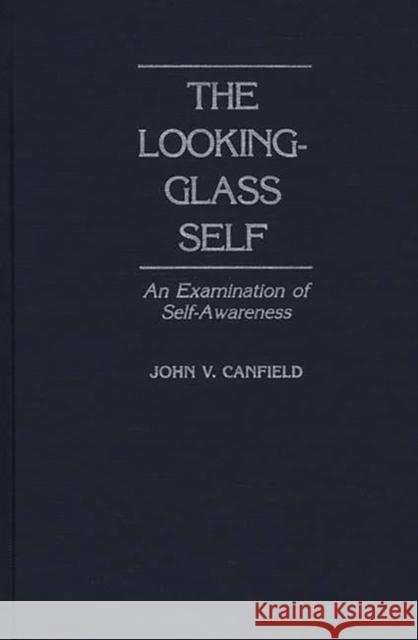The Looking-Glass Self: An Examination of Self-Awareness » książka
The Looking-Glass Self: An Examination of Self-Awareness
ISBN-13: 9780275935863 / Angielski / Twarda / 1990 / 264 str.
John Canfield here presents a penetrating study of the self and self-consciousness from the point of view of contemporary analytic philosophy. Taking as his starting point Wittgenstein's views on the nature of the self, Canfield explains Wittgenstein's approach to philosophy and his way of looking at language. He also explores significant non-Wittgensteinian philosophical literature including the widespread debate over criteria of personal identity and basic assumptions about the I of such expressions as I think. The second half of the book examines how we fix or ascertain certain beliefs about ourselves--a problem not previously discussed by analytic philosophers.
Canfield begins by examining traditional theories that take the self to be a fiction of some sort. He goes on to analyze our deep-seated existential belief in self--a belief that, he notes, can coexist with a theoretical denial of self's existence. A central chapter of the book attempts to delineate clearly Wittgenstein's view of the I as a grammatical fiction. In addressing the large literature on criteria of personal identity, Canfield argues that a central assumption of that work--the notion of judging by intuition in puzzle cases--is mistaken. Turning his attention to forms of self-consciousness, Canfield demonstrates that the I of gut-level belief is categorically heterogeneous and, in part, fictional. Written with a minimum of jargon, this book will interest Wittgensteinian scholars as well as philosophers, social scientists, and psychoanalysts involved in the study of the self.











